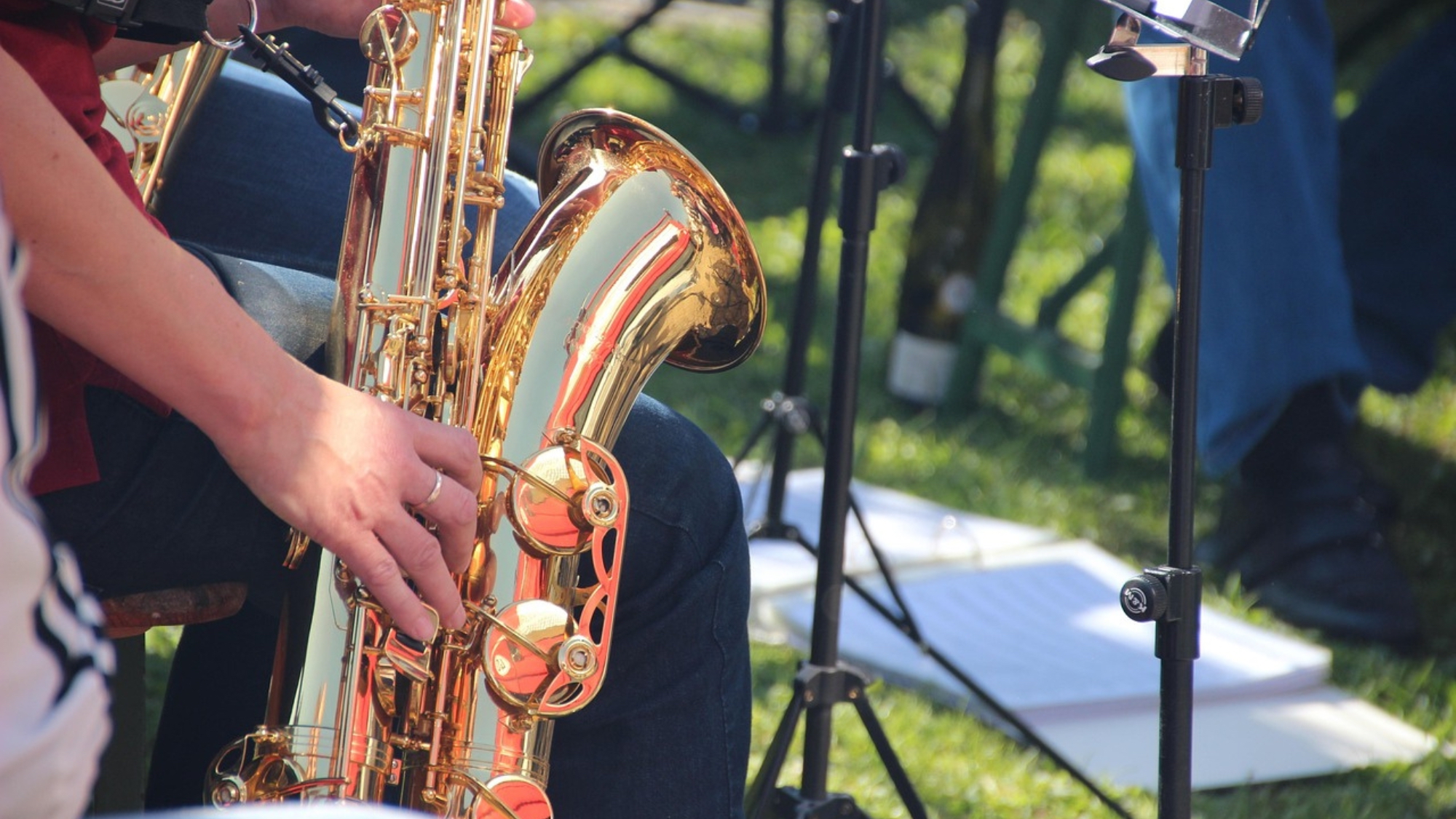Those of you who know me are aware of the fact that I choose to live on the positive, upbeat side of life 99% of the time. It is, therefore, difficult for me to even think about writing a column based on the negative. However, I have observed the same maddening behavior in concert after concert and decided that just once DON’T and STOP IT! may be the only way to get the message across.
1. STOP! bowing to the audience while walking. And DON’T look up as you bow. Both actions look non-professional.
2. STOP! tuning the band in front of the audience, especially instrument by instrument. Even the least discerning in your audience can find your weaknesses under this circumstance. Furthermore, I (and many of my adjudicator colleagues) have yet to hear a band play in tune when the director goes from player to player telling the student “push in, pull out, you’re flat, you’re sharp.”
3. STOP! counting-off concert bands!!! This habit carries over from pep band and jazz ensemble where it is often appropriate for various reasons. The only reason to count-off (or worse yet, conduct “one measure for nothing” ) with a concert band is to cover up that fact that the conductor doesn’t know how to give a preparatory beat. Dead measures absolutely ruin the start of many compositions. Just get the band to breathe with you at the speed of the preparatory; it will always work.
4. STOP! tapping YOUR foot while conducting. It looks ridiculous, it’s noisy on a podium, and it creates two sources of time-beating for the band.
5. STOP! your students from creating ANY kind of distraction during the concert. This includes visible reactions when a mistake is made; it’s a fact that most audiences aren’t even aware of most mistakes. EVERYONE knows when someone in the band flinches or laughs about a mistake. Also, NEVER let members of the jazz ensemble talk or wander around during someone’s ad lib solo; the audience stops listening to the soloist and watches the disruptor.
6. STOP! being distracted by something that happens on the stage while you talk to the audience. Turning away from the mic in the midst of a description about the next selection so that you can give instructions to someone in the band gives the performance an amateurish feeling.
7. STOP! playing music that is not properly prepared!!!!!!!! Just because it’s listed in the printed program doesn’t mean you JUST HAVE TO perform it. Many concerts I attend are ruined by one or two pieces that should never have been programmed. The audience suffers, the band suffers, and the credibility of our profession suffers. Rule of Thumb: If the band can’t play through the composition without breaking down and without sounding awful by the third rehearsal, don’t list it (or
play it) on the program. You can always insert it between two pieces if some
magic cure is discovered. (Chances are, it won’t!)
8. STOP! apologizing to the audience for music you are about to play, or have just
performed, poorly!!!!!! When I hear, “We just haven’t had much time to rehearse this next piece, but we’re going to play it anyway,” I know EXACTLY what is going to happen. So does the rest of your audience!!! (Refer to #7 above.)
9. STOP! telling the audience that “Mary is missing because…she had to work…is sick…had a volleyball match.” Right away you have signaled to the audience that there is a problem. All of a sudden they have ears. If the piece can’t be played correctly without Mary’s part or by another player, just DON’T PLAY THE PIECE. If you want to say something about a substitute player, do it afterwards, if you can acknowledge that player in a complementary manner. Don’t put that player under more pressure by explaining ahead of time!
10. STOP! dismissing audiences at the conclusion of the concert. Your printed program is enough. If you don’t use one, then announce what you will perform as your final selection.
Watch professionals. If they don’t do it, then STOP DOING THAT!
from Vol 5, #1, p.16 (Aug-Oct 1989)






